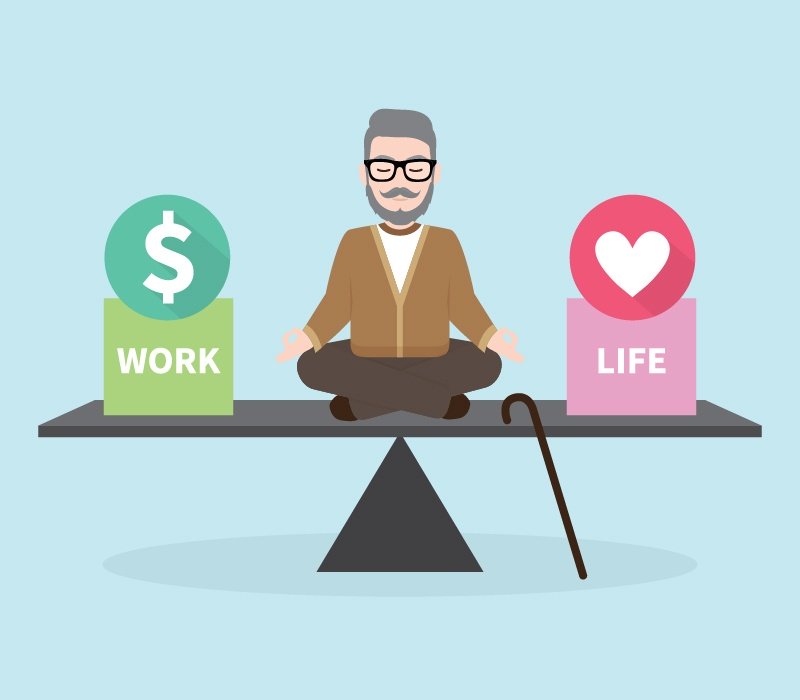Pandemic or no pandemic, if you’re a business owner and you don’t keep a good handle on everything, you may find that your business or your family life, or both start to go downhill fast. If you’re a coach or consultant, you may have an intense work schedule with deadlines and meetings that you’re committed to as well as a ton of operational matters to address.
Time Management Tips
Set aside time for creativity. Don’t let this time be interrupted with logistical or administrative tasks because it will break your flow. You can however, stop for exercise or any type of movement or change of scenery to get your creative juices flowing even more effectively.
Ahead of time, think of what will be needed tomorrow. That way you’re mentally prepared when you get going in the morning and you can also be physically prepared if you’ve put notes, stickies or anything else you’ll need on your desk from the day before.

Develop the ability to ignore distractions. Notifications, social media posts and requests all divert your focus from the matter at hand, which is undoubtedly more important.
Jot down tasks as you remember or think of them. If you wait until you can sit and enter them into Trello, Slack or Asana, you run the risk of forgetting what you needed to add to your to-do list. This habit also prevents you from distracting yourself and losing your train of thought as you stop what you were doing to either take care of the task right away or go into your productivity tool to add it to your list.
There are some unconventional solutions you may not have thought of. For example, you might decide to put in more hours from Monday to Thursday so you can start a work-free weekend from Friday. The harder you work, the more critical it is to leave meaningful time for relaxation and rejuvenation so you can regroup and give your best to both work and family.
Schedule Examples
Here are three options for structuring your day, depending on what works best for you:
Example 1
Daily morning routine:
5 am – Wake up and sit in meditation and gratefulness
5:30 am – Exercise and shower
7 am – Get kids up
Monday:
No client calls – work on my business
9 am – noon: Plan goals for the week
1 pm-until – Work with my coaches
Tuesday / Wednesday / Thursday:
Client calls / Group coaching with live Q&A
Finish working by 4pm
Friday:
No client work / No scheduled work
Fridays are wildcards, sometimes used to record for upcoming summits, or to plan long-term projects or just relax.
Example 2
Mondays – Coaching and responding to my audience. No creative endeavors.
Tuesdays – Meetings
Wednesdays – Content creation, 9 am-3pm (non-negotiable, uninterrupted time).
Thursday – Same as Wednesday
Friday – Same thing as Wednesday and Thursday.
Example 3
Listen to your body and mind to find your unique rhythm.
Pre-work Ritual:
6 -8 am: Wake up and immediately head out for a 2-3 mile walk with my dog to help get the blood flowing, sometimes while listening to a podcast, other times using quiet and creative time. Breathing exercises, journaling or reading are great after this walk to get my brain full of ideas and itching to start writing.
Mornings:
Writing and high-value work, since this my focus is best in the morning (no talking to people or checking of email or social media)
Afternoons (energy dip):
Meetings, calls, responding to emails and administrative tasks
Evenings:
Brainstorming creative ideas
Planning for the next day
Post-work Ritual:
Another walk, a workout or listening to music for half an hour
You need to devote time to building your business, strategizing to find new clients, and you need to ensure you schedule the right type of activity at the right time of day. Pay attention to tasks you can automate or delegate to reserve your precious time for activities related to business growth.
You should also be aware that your rituals and activities on days when you’re not working can have a significant impact on our quality of work.
Conclusion
Balancing the demands of running a business and meeting everyone’s expectations from clients to family members is a big challenge for coaches and consultants. The key to achieving balance is to decide what is most important to you, including taking time off. This is the first step in prioritizing how you will spend your limited time, not trying to spread yourself thin giving equal time to work and family activities but allocating the most time to your top priorities so you can live a satisfying life.

